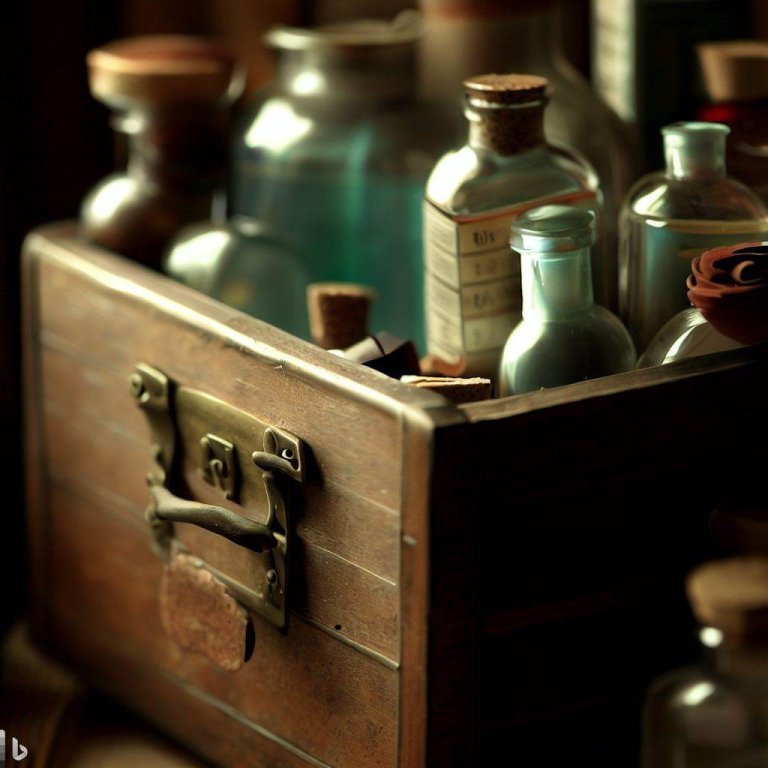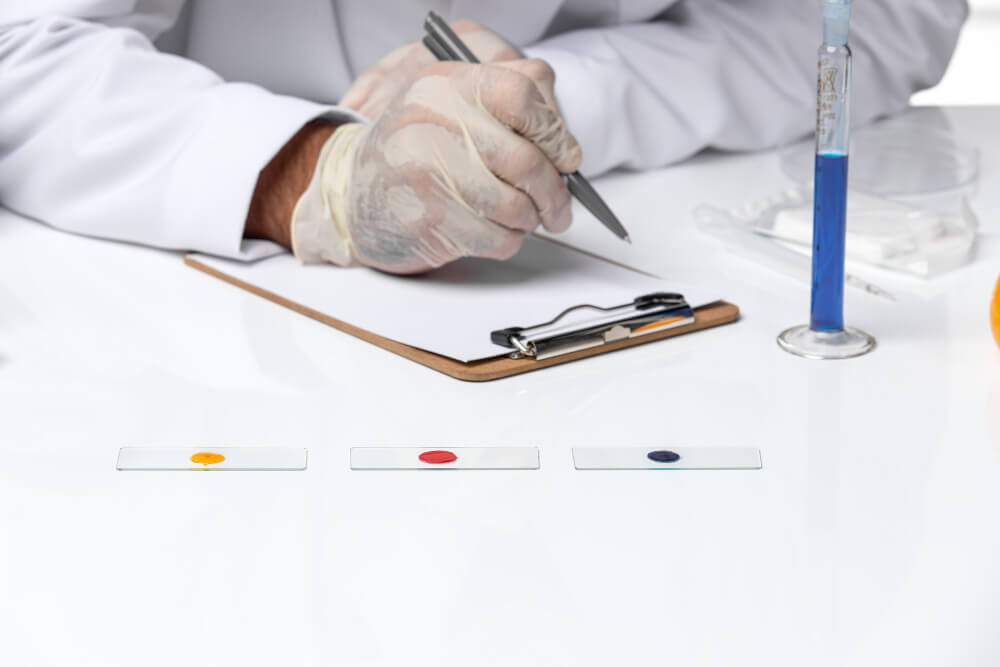When it comes to the regulation of medicine chest, it is crucial to have a comprehensive understanding of the rules and guidelines that govern the use and distribution of pharmaceutical products.
The regulations surrounding medicine chest play a vital role in ensuring the safety and efficacy of the medications we rely on. But we could guess what bad things that might happen if it is not being regulated properly.
According to Wikipedia, a medicine chest is a container or cabinet for storing medicine. All ships governed by the regulations of the International Maritime Organization must have medical supplies and suitable storage for them such as refrigeration and locks. As we can see, it considers one of the maritime safety.
Regulation of Medicine Chest

In this article, we will explore 4 essential facts about the regulation of medicine chest that everyone should be aware of.
1. The Role of Regulatory Authorities
Regulatory authorities play a crucial role in overseeing the safety, quality, and effectiveness of pharmaceutical products. Authorities are responsible for evaluating and approving medications before they can be marketed and sold to the public.
They enforce strict standards to ensure that the medicines are manufactured, stored, and distributed under optimal conditions. Regulatory bodies also monitor adverse drug reactions and issue recalls or warnings if any safety concerns arise.
Every vessel that is involved in maritime navigation should have a medicine chest onboard. The contents entail their details such as the number of crew members, duration of voyage, and their nature of the trip.
When the regulation of medicine chest is properly implemented, these authorities are able strive to protect public health and promote the responsible use of medications.
2. Good Manufacturing Practices (GMP)

Good Manufacturing Practices, commonly referred to as GMP in Malaysia as well as many other countries, are a set of guidelines that ensure the consistent quality and safety of pharmaceutical products.
These practices encompass various aspects of the manufacturing process, including raw material sourcing, equipment calibration, facility design, and quality control.
Adherence to GMP guidelines is vital to prevent contamination, maintain product integrity, and minimize the risk of adverse events.
Regulatory authorities regularly inspect pharmaceutical manufacturing facilities to assess compliance with GMP standards. By enforcing these practices, medicine chests can be stocked with medications that meet the highest quality standards for regulation of medicine chest.
3. Appointed Personnel - Auditor and Pharmacist
One of the important aspects of the regulation of medicine chest is the appointment of specific personnel who are responsible for maintaining the quality and safety of medicines. This responsibility is typically given to auditors and pharmacists, who have the necessary training and expertise in handling pharmaceutical products.
Auditors are often employed by regulatory authorities to assess the compliance of manufacturing facilities with GMP standards. They perform rigorous inspections to ensure that medicines are being produced under optimal conditions, and any violations of regulatory guidelines are promptly identified and rectified. Auditors have the authority to recommend sanctions or corrective actions if they discover any breaches in the standards.
Pharmacists, on the other hand, play a pivotal role in the supply and verification of medications. They possess a deep understanding of pharmacology, enabling them to assess the safety and efficacy of various drugs. Pharmacists are often the last line of defense in preventing the distribution of substandard or counterfeit medications.
They are typically responsible for regulation of medicine chest, ensuring that the right medicines are available in the right quantities. They also regularly check the medicine chest to verify that all medications are stored correctly, have not expired, and are labeled accurately.

In conclusion, regulation of medicine chest is a complex and essential process that safeguards public health. Regulatory authorities play a crucial role in ensuring the safety, quality, and effectiveness of pharmaceutical products.
By enforcing good manufacturing practices, controlling substances with abuse potential, and regulating over-the-counter medications, these authorities strive to maintain high standards within the pharmaceutical industry.
We know that most vessel owners also want to make sure that none of their workers have any involvement in any form of drug abuse and want their workers to get tested. To buy quality drug test kits, you can contact us or WhatsApp us.



